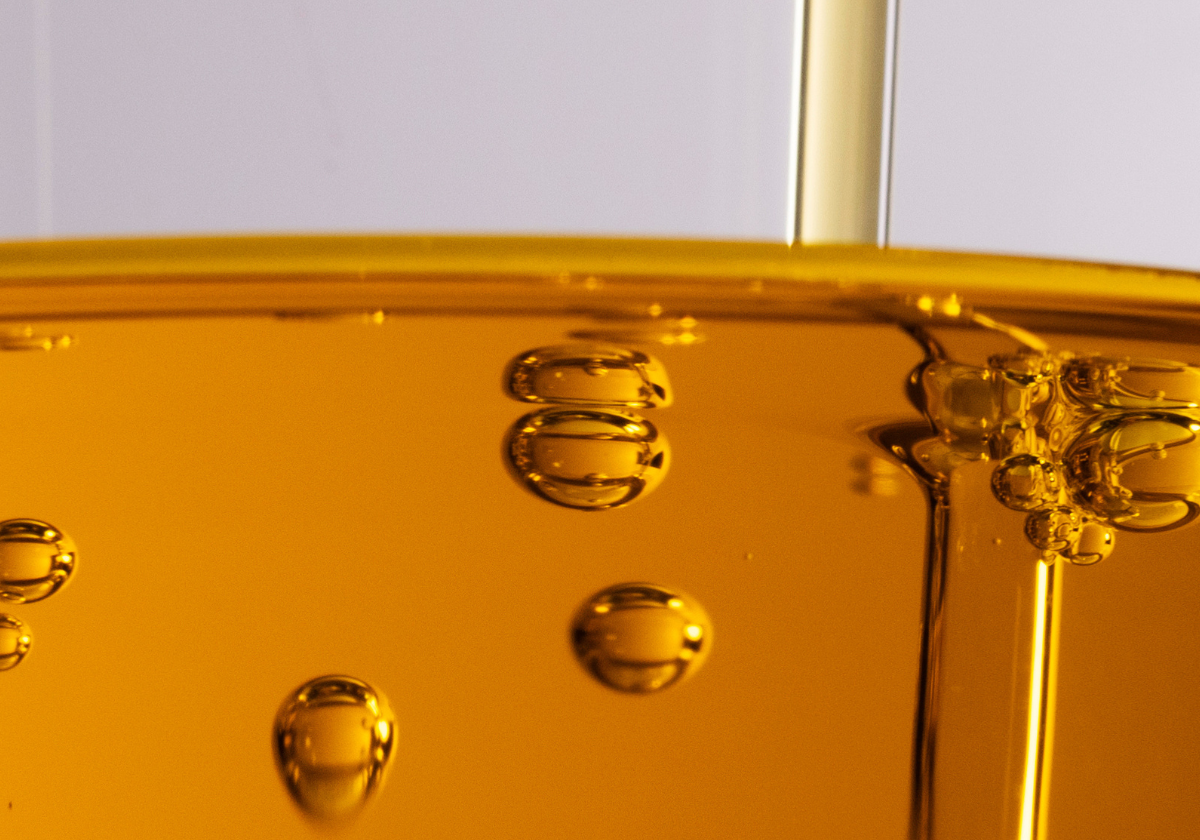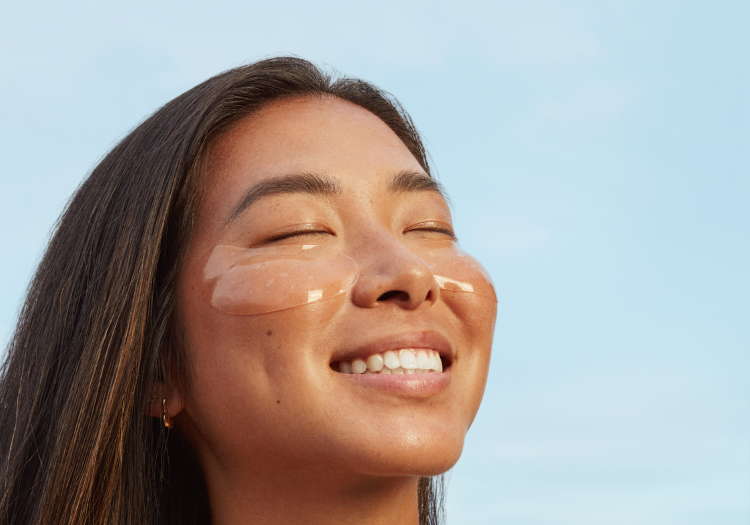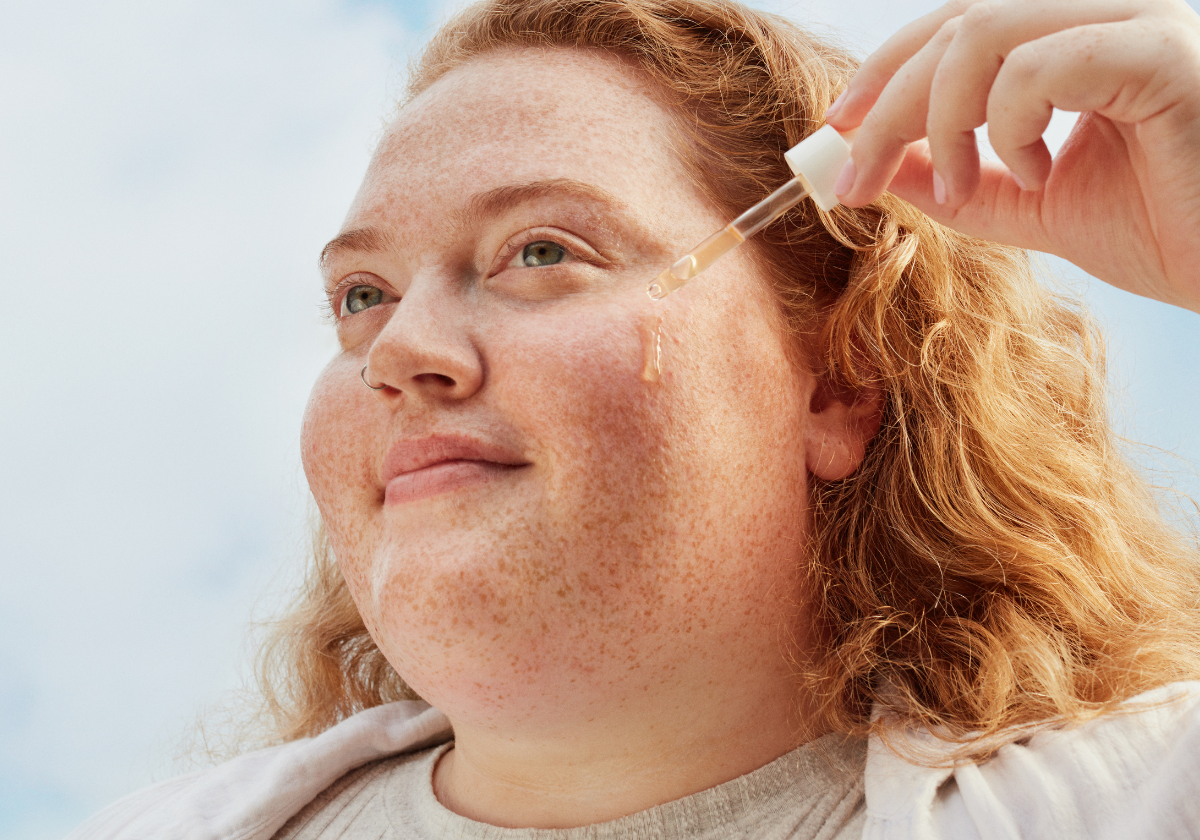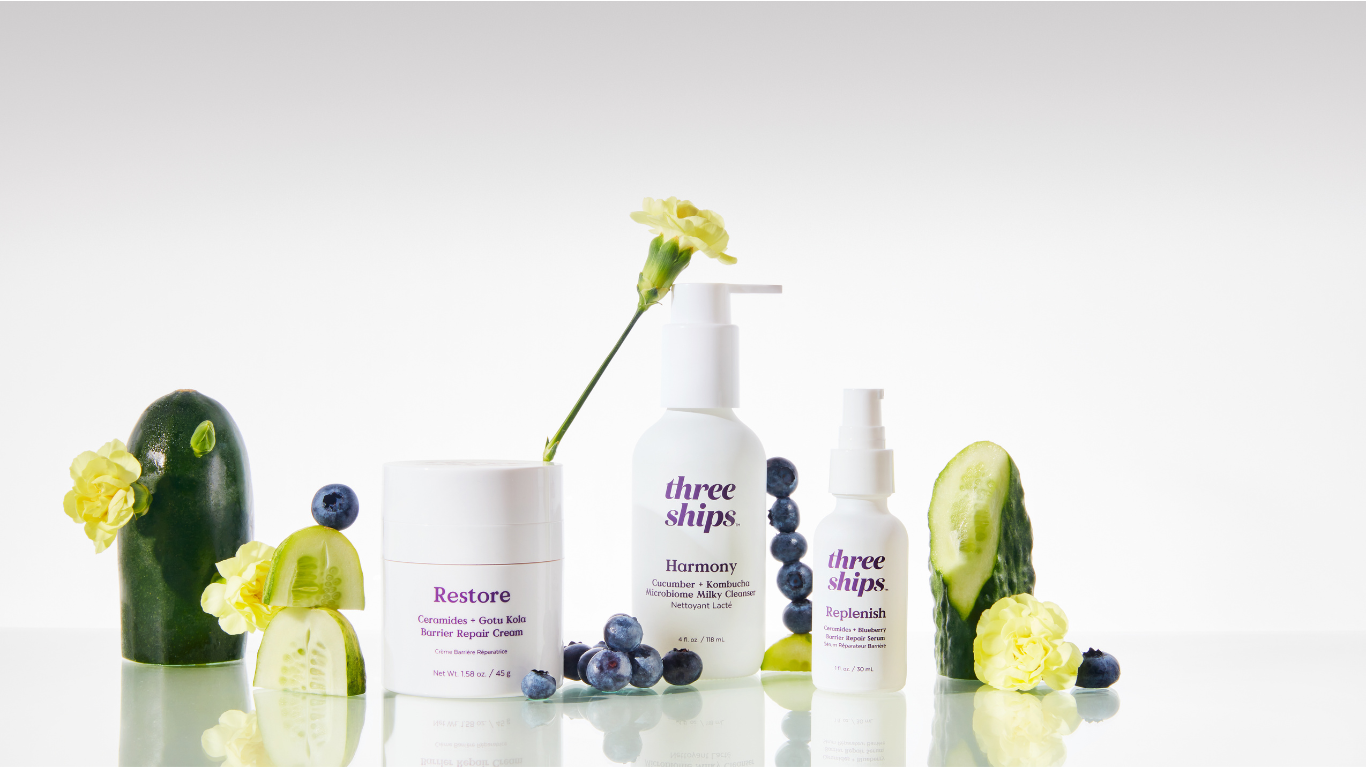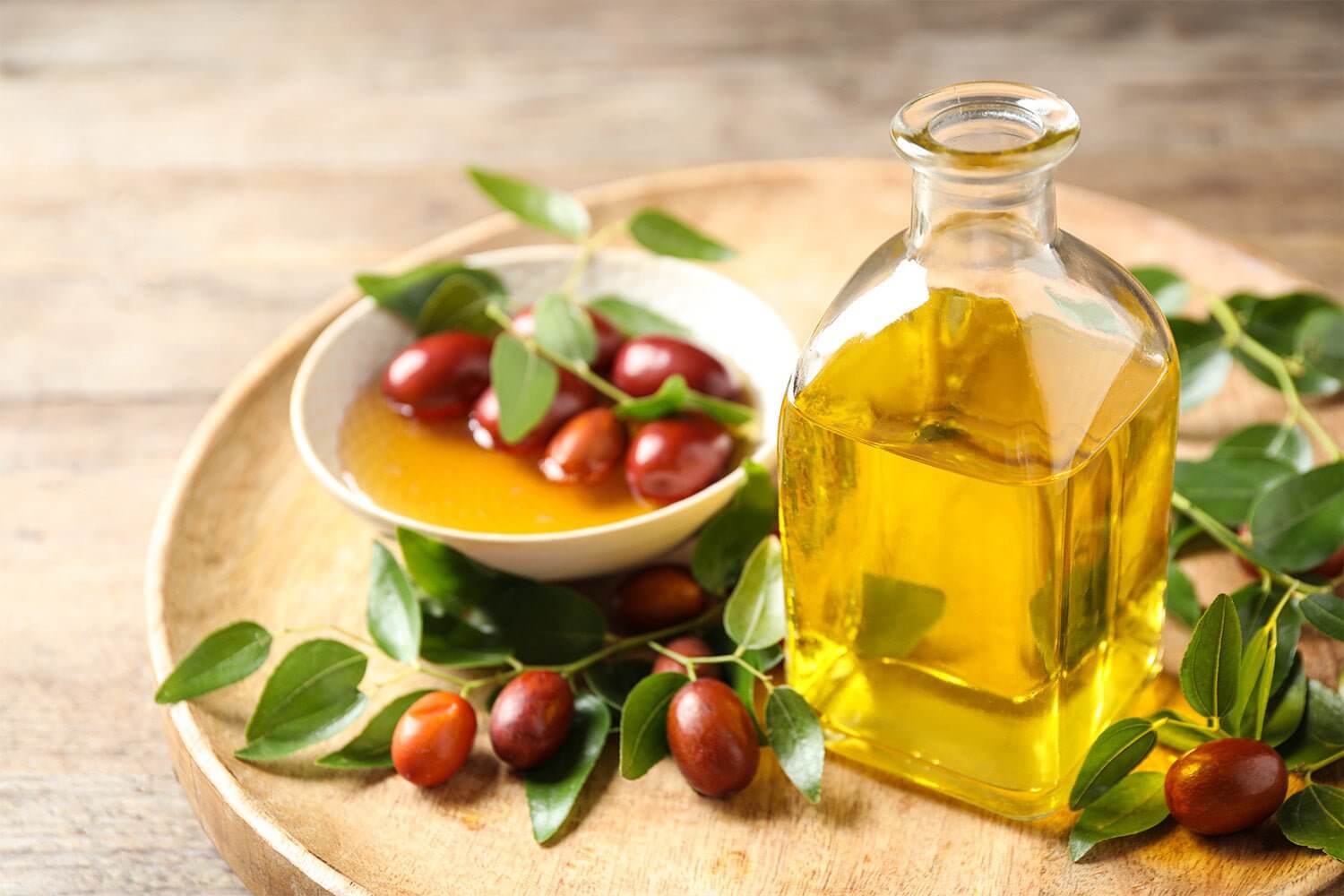What Does Paraben-Free Mean?
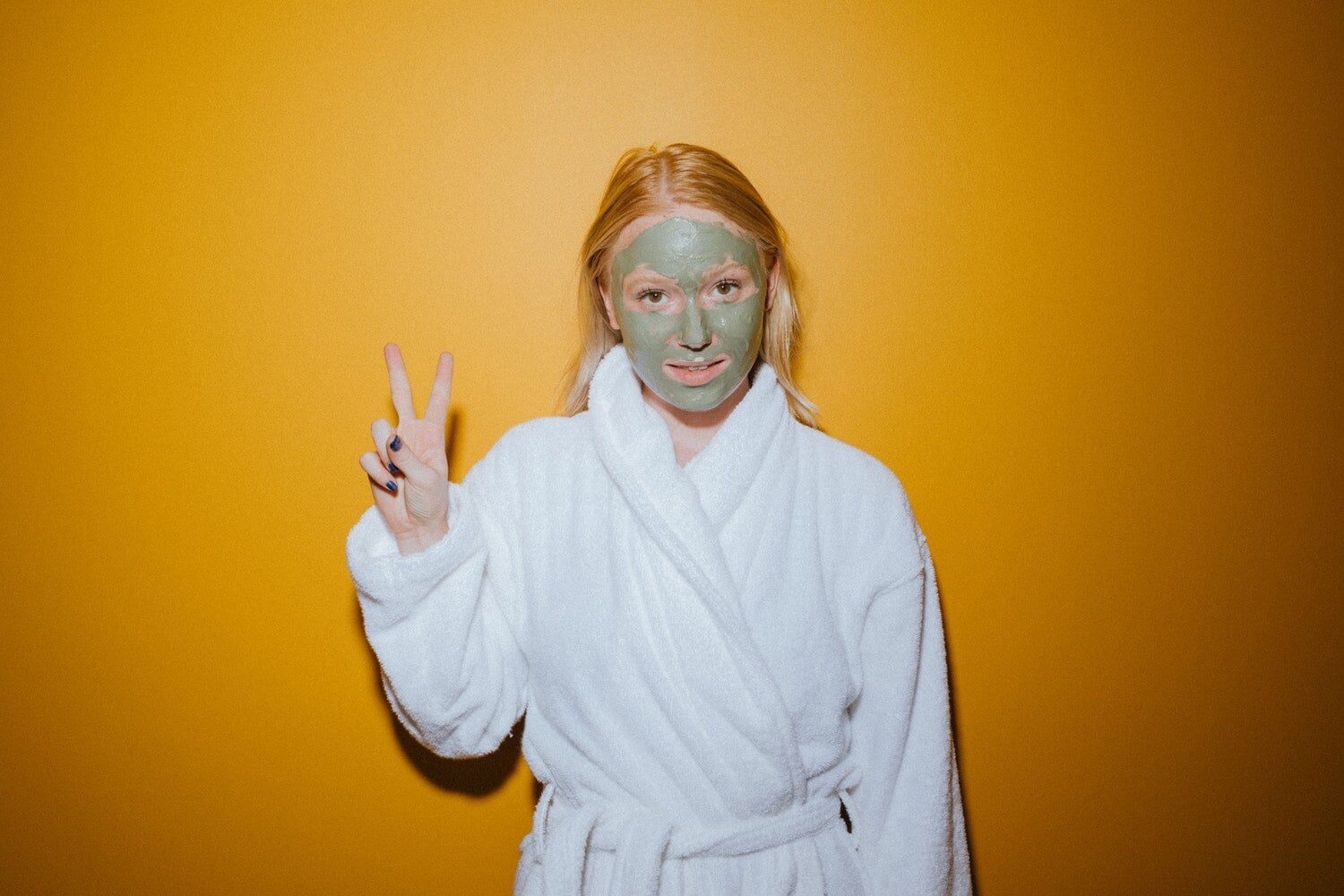
Our cabinets are full of jars of creams, lotions, and potions promising to do miraculous things for our skin. But, do you know what you’re putting on your skin? Some of these cosmetic products may contain chemicals disguised as long unpronounceable words in the middle of the ingredient list.
Whether it’s hair care products like conditioners or shampoos or skincare products like moisturizers and cleansers, you might notice ingredients on the labels like isopropyl paraben ethyl alcohol, methyl alcohol, and many more.
Don’t allow the words you can’t pronounce to sway you into thinking it's safe.
Paraben is an ingredient that loves to sneak its way into cosmetic and skincare products. Why should you shun this one? Here’s what you need to know.
What Are Parabens?
You’ve probably heard the buzz words “paraben-free,” but what exactly does that mean? Parabens are chemicals used to serve as preservatives to extend shelf life in cosmetics.
These preservatives prevent bacteria and mold growth from damaging the product and harming the consumer. Parabens in beauty products, personal care, and skincare products such as shampoo and soaps are often labeled as the following:
- Methylparaben
- Propylparaben
- Butylparaben
- Ethylparaben
Some believe that parabens have a negative impact on health and can cause everything from skin irritation to problems with your reproductive system.
In addition, the FDA doesn’t have regulations on the use of these parabens in cosmetics. Isn’t that concerning? We think so too – enough for us to recommend using paraben-free products whenever possible.
The FD&C Act states that cosmetics and the ingredients inside them do not need FDA approval before hitting store shelves. Color additives are the only substance that is regulated. You heard that right: cosmetic ingredients, aside from color additives, are not regulated by the FDA.
Why Should You Avoid Parabens in Skincare?
Since parabens link to harmful effects on the human body, these chemicals continue to be studied. While there are no regulations stating that parabens are dangerous, studies suggest that these chemical preservatives cause adverse effects.
When you choose to forgo your right to read labels and make conscious decisions about the ingredients you put on your skin, you are taking chances with your health. We don’t think any anti-wrinkle cream is worth that.
Are Skincare Ingredients Absorbed Into the Bloodstream?
Every time you apply cosmetics, lotions, and all of your fancy potions, their ingredients have the possibility of absorbing into your bloodstream.
Some components are more potent than others, and these ingredients penetrate the epidermis. This type of absorption isn’t typical, but it does occur, so it’s essential to know precisely what is in the products you use on your face and body.
Your skin is the largest organ in your body, and it protects your other organs from sunlight, outside elements, bacteria, and other harmful things. It also absorbs vitamin D from the sun; however, it doesn’t absorb mineral salt from your relaxing bubble bath and some ingredients in your skincare.
We don’t typically think about it when we slather SPF onto our bodies, but these ingredients can either make or break your skin and body.
What Are the Three Layers of the Skin?
It is important to understand the three layers of the skin to understand how products penetrate the epidermis. Let’s talk about it.
Epidermis
The outer layer of your skin is the epidermis. This layer gets all of your attention, absorbing all of your lotions and potions and soaking in all of those antiaging serums.
The epidermis is where your skin tone and pores are located, and it plays as a waterproof barrier for outside elements. The epidermis sheds dead skin cells and replaces them with new, glowing, vibrant cells.
Dermis
The dermis is thicker than the epidermis. It contains oil and sweat glands, hair follicles, blood vessels, and connective tissues, and the dermis holds the collagen and elastin and supports the skin’s structure. This layer is located directly under the epidermis.
Subcutaneous (Fat) Layer
The deep inner layer of the skin located underneath the dermis is the subcutaneous layer. This layer contains good fat and connective tissues that cushion and insulate your body and act as a protective layer.
The subcutaneous layer contains blood vessels, and it holds the skin, muscles, and tissues together. These layers of your skin hold essential roles, and that is why it is crucial to pay attention to what you place on your skin.
What Is Clean Skincare?
More and more consumers search for clean skincare to replace toxic formulations, and Three Ships listened. Today, the same type of innovative research placed into conventional skincare is being applied to clean skincare and makeup products.
These formulations are filled with nutrients, vitamins, and minerals that nourish the skin and treat all skin types and many conditions effectively.
Clean Product Ingredients
Clean skincare is a term used to describe skin care products formulated without toxic ingredients (parabens and other chemicals). Plant-based, nutritious, safe ingredients make up these clean skincare formulations, and these ingredients are not hormone disruptors or carcinogens. Clean skincare is always paraben-free.
Transparent Product Labels
When a beauty brand lists every ingredient on the label, this is an effort to be transparent. The fragrance is a good example of a lack of transparency.
The fragrance is not an ingredient, yet it is labeled on many products today. Another example is greenwashing. Words such as natural, eco, and organic lead the consumer to believe that the product is safe, clean, or non-toxic when it is not. This is an unfortunate sales tactic that targets the conscious consumer.
Clean beauty means that it is non-toxic beauty. It isn’t perfect, it doesn't claim to be something it’s not, and clean beauty contains zero mystery ingredients.
Clean products don’t have to be all-natural or organic either. It’s the 21st century, and science has evolved. There are many safe synthetic, man-made ingredients that are non-toxic and highly effective. That is the beauty of science.
If you are curious about clean skincare, it is crucial to read the labels of the product bottles that pique your interest. Many companies greenwash their products, making them appear clean and non-toxic when they are not.
Three Ships Beauty is a transparent, clean, and effective skincare beauty brand that you can trust. Our formulas are clinically-proven and 100 percent plant-derived. We are proud to be paraben-free, vegan, cruelty-free, animal-friendly, sustainably sourced, and safe to use while pregnant.
Bottom Line
Paraben is a known toxic preservative that is included in many cosmetics and personal care products, but it isn’t safe. If you want to incorporate clean beauty into your skincare, you must scrutinize the labels of your products. The words organic, eco, and all-natural do not necessarily mean they are safe, non-toxic, or do not contain chemicals.
Today, more beauty companies realize the adverse effects of paraben and are taking a stand against incorporating it into their products. Three Ships Beauty is proud to be one of these companies.
For instance, the Awake Rose Hydrosol Toner helps your skin maintain its pH balance after cleansing while reducing the appearance of pores and minimizing the appearance of fine lines around the forehead and eyes. The active ingredients are rose hydrosol, witch hazel, and glycerin, and every ingredient is clean, plant-based, and clinically proven to provide beautiful results.
Three Ships Beauty product labeling is transparent because we love clean beauty too. Every ingredient we use is listed in our Ingredient Glossary.
We only use 100 percent plant/mineral raw ingredients that undergo chemical changes due to biological and chemical processes. We truly care, so we do the research, so you don’t have to.
Stay connected to us and receive special offers and education, never spam. Three Ships is more than just skincare.
Sources:
Skin is The Largest Organ | PubMed
Should People Be Concerned about Parabens in Beauty Products? | Scientific American
International Laws | Safe Cosmetics
0 comments
